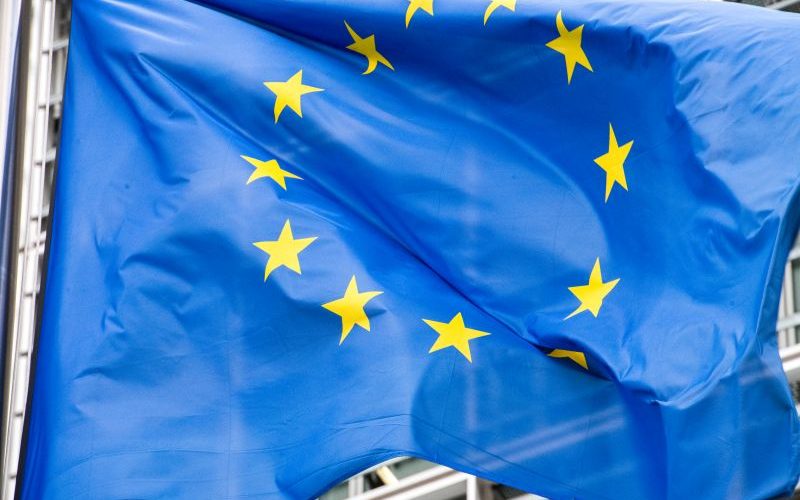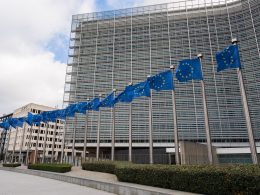The European Commission has published its fourth Environmental Implementation Review (EIR), highlighting widespread shortcomings in the application of EU environmental laws and urging Member States to step up efforts to address air and water pollution, biodiversity loss, and waste management.
The review estimates that the annual cost of failing to implement EU environmental legislation amounts to €180 billion—equivalent to around 1% of the bloc’s GDP. These costs stem from pollution, ecosystem degradation, and inefficient waste handling, which the Commission says could be reduced through better compliance, while also supporting competitiveness and fairness in the single market.
The report compiles findings from all 27 EU Member States and outlines both EU-wide trends and country-specific recommendations to improve environmental protection and governance.
Key areas of concern
Circular economy: Progress remains uneven across the EU. While some countries are advancing in resource efficiency and sustainable production, others risk missing the 2025 recycling targets. The review calls for greater action on waste prevention and rehabilitation of non-compliant landfills.
Water management: The report flags urgent gaps in achieving EU water quality and quantity objectives, with many Member States needing to enhance their use of EU funding to improve urban wastewater collection and treatment. The risk of drought and water scarcity is rising, demanding faster responses.
Biodiversity: Biodiversity loss continues to outpace recovery efforts, primarily due to agricultural expansion and intensification. The Commission urges Member States to better integrate nature protection into broader policy areas and accelerate the implementation of EU nature laws.
Air quality: Despite progress, air pollution levels remain dangerously high in many regions, posing serious public health risks. The review recommends greater investment in renewable energy, cleaner mobility, and low-emission agricultural practices to tackle the problem.
Climate adaptation: Although the EU has managed to decouple economic growth from greenhouse gas emissions, several Member States face challenges in implementing the emissions trading system for buildings, road transport, and small industry. The review stresses the need to intensify national climate adaptation efforts.
Governance and investment gaps
The Commission notes that up to €122 billion per year is available through EU funding instruments for environmental priorities, but many Member States are not making full use of these resources. Improved administrative capacity and better coordination are needed to ensure effective delivery.
Access to justice also remains limited in many countries, with barriers still present for citizens and organisations seeking to challenge environmental decisions, particularly in relation to water, air quality, and nature planning.
Background
The EIR is part of the Commission’s broader Better Regulation agenda, which aims to enhance the implementation of existing EU laws. The first EIR was published in 2017, followed by editions in 2019 and 2022. Since its inception, several Member States have hosted national dialogues to address the priority issues identified in their country-specific reports.





















